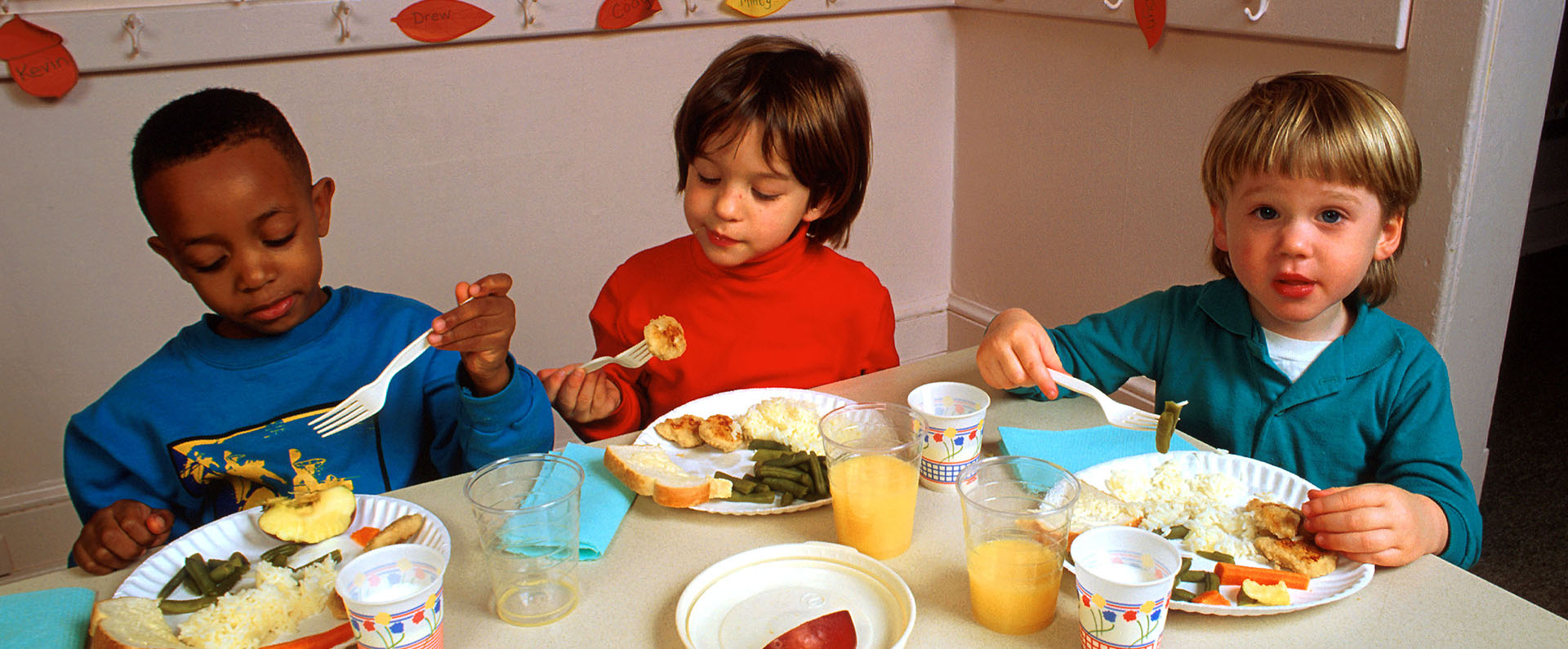Identifying How Emotions Affect Children's Eating Habits
For the first time, scientists have found a relationship between cognitive control and emotional eating behavior in preschool children. ARS and University of California, Davis, scientists found that cognitive control—which includes abilities to make decisions, plan, manage time, and maintain emotional and self-control—is significantly associated with the relationship between overeating and emotions. Not much is known about this connection in younger children.
The research team examined the balance between emotional state, snacking, and cognitive control in children ages 3 to 6 at a preschool. Using computerized and hands-on tasks, parental questionnaires, and standardized teacher reports, researchers learned that children with low cognitive-control scores snacked more and experienced more emotions. Children with higher cognitive-control scores did not engage in this type of behavior.
The research suggests that preschool age is a good time for anti-obesity intervention as both eating habits and cognitive control are developing rapidly.
Related Information
Podcast: Children's Eating Habits and Obesity
Article: Children's Eating Habits, the Brain, and Obesity



